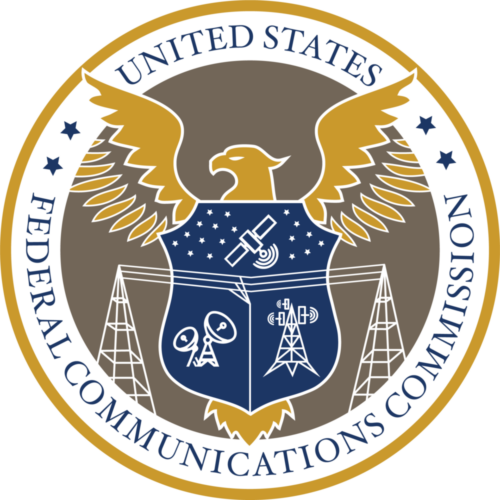
Broadcasters are getting in their final say about the FCC’s proposal to prioritize licensing and application procedures for stations providing a Commission-approved amount of locally originated programming. The proposal, which would reward radio stations that dedicate at least three hours per week to local content, has ignited a debate about its potential impact and effectiveness.
The National Association of Broadcasters has voiced strong opposition, saying, “The Commission’s prioritization proposal will do nothing to incentivize broadcasters to provide more local journalism or generate other locally originated programming because it fails to grasp the fundamental economic and competitive realities underpinning broadcasters’ programming decisions.”
Emphasizing the unique obligation of broadcasters to offer free services to the public, the NAB contends that the proposal will not effectively incentivize the intended boost in local journalism or programming. Highlighting the challenges of providing local content, including high costs and diminished advertising revenues due to digital media proliferation, the NAB urges the FCC to adopt policies that enhance broadcasters’ ability to compete and invest in local content rather than complicate the application review process.
National Public Radio, while supportive of the FCC’s goal to enhance local journalism, similarly expresses concerns that the proposal offers little to benefit public radio stations. NPR highlights the significant role public radio plays in delivering local content, especially in rural and underserved communities.
“The Commission’s proposal offers little support for public radio stations. Though NPR supports the Commission’s efforts to promote local journalism and other locally originated programming, we urge the Commission to take further actions to encourage local content from public radio licensees,” NPR stated, suggesting that the FCC develop more tailored incentives and consider reducing regulatory burdens.
In contrast, the musicFIRST Coalition and Future of Music Coalition stand in support of the FCC’s proposal, seeing it as a step towards fostering local engagement. Despite recognizing the concerns raised by the Educational Media Foundation about potential penalties for stations not meeting the local programming criteria, musicFIRST views the proposal as a straightforward method to encourage a minimal level of local programming engagement.
The Coalition previously used the NPRM to join FCC Chairwoman Chairwoman Rosenworcel in questioning the efficacy of the removal of the Main Studio Rule.
As the debate unfolds, it is clear that while there is a shared appreciation for the importance of local content, opinions diverge on the best approach to incentivize its production and distribution. The FCC’s proposal has sparked a broader conversation about the role of broadcasting in serving community needs and the regulatory frameworks that can best support this goal.






